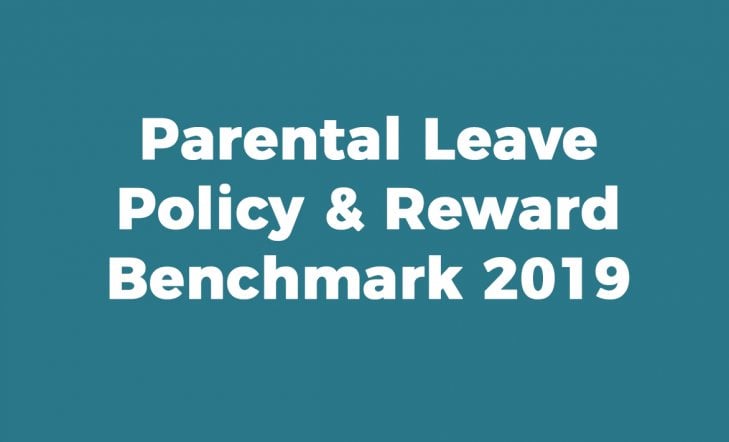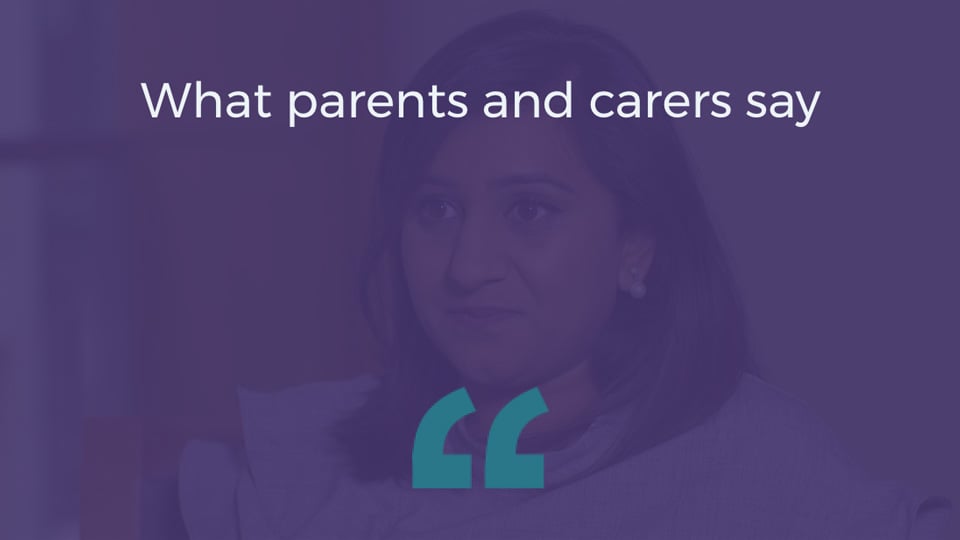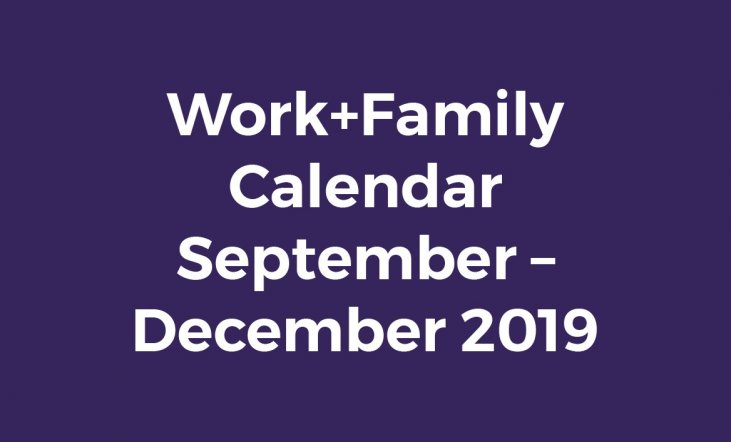Newsletter Sign Up
Regular work+family updates for
HR and diversity professionals.
My Family Care asks Chris: As the years go on, we are finding more and more people fall into what has been coined the "Sandwich Generation". What challenges arise for individuals who are caring for both children and their parents or a partner? What support can be provided to make this a positive situation?
The Sandwich Generation: Support & Challenges
There is a time for many us, when we find ourselves in the middle. A time when we are being squeezed physically, mentally, emotionally and financially, by our commitments to our children, our work and to our older parents as well.
We belong to the Sandwich Generation.*
This can be a very challenging time, with limited capacity and resources available to service what can feel like unlimited demand.
With respect to our ageing parents, added to the mix can be factors such as:
- Being unaware of the potential challenges ahead (e.g. mobility issues, dementia, falls, toileting issues, loneliness)
- Being unaware of the potential opportunities (e.g. mentoring, volunteering, social activities, further education, part time work, new small business)
- Being unaware of the resources and support available - for free and commercially
- Not knowing when or how to bring up the topic of care with a parent or parents who appear to be becoming increasingly more vulnerable and in need of some level of informal or formal support
- Dealing with the very natural resistance that can be felt towards discussing ageing issues, not only from ageing parents themselves but also resistance from siblings as well.
The questions to ask
When approaching the Big Conversation for the first time then, it can be daunting. A good place to start is by asking a number of questions:
- What series of actions or events have raised your concern?
- Have your parents, siblings, or their friends/neighbours raised any concerns?
- Are you able to do any research into the areas of behaviour you are worried about (e.g. eyesight loss, obesity, hoarding)
- What is the ideal outcome to work towards, from your parent's perspective? From your perspective? (Are they the same outcome - and if not, is there an alternative outcome that is potentially okay with everyone?)
- What services or resources are available to help in the local area?
- Have you got examples of the ageing experiences of family or friends to refer to, that can be used in discussions to illustrate a best case or worst case scenario?
At first glance, there may not seem to be much help out there. However, whether it is information on independent living, falls prevention products or simply general tips and advice on ageing issues, there are in fact numerous useful resources available online and offline.
Support and opportunities
ome organisations in the private, public and third sectors that provide help and support around not only the challenges of ageing, but the opportunities too, these include:
Who said education was just for the young?
People are never too old to learn a language or a new skill and the University of the Third Age (U3A) was created for people who want to do just this, in later life. The U3A is not a formal university, but instead is a collection of interest groups for older people who no longer have full-time employment or family responsibilities, that are self-managed at a local level, and whose membership number is now over 250,000 in the UK.
Along with further education, opportunities exist to join a local civic association (Rotary, Lions Club), help at a charity or even set up their own meeting group or new small business. Working in a charity doesn't just mean behind the counter of the local Oxfam.
Charities and social enterprises appreciate voluntary help across all their business activities, from marketing, to accounting, to service delivery, sales and in operational or managerial roles. Encouraging and supporting parents to maintain their social links within their community has been clinically proven to help them stay mentally and physically active and help keep them living independently for longer.
The juggling act
For Sandwich Generation members, it is also important to remember that if you're spending all of your time trying to help family dependents as well as juggle your own life, you'll find you are running out of steam very quickly. Hence, the value in maintaining your own health, fostering open and frequent family dialogue around care and spreading the load of responsibilities, so everyone does their bit. Otherwise, the danger is that much of the heavy lifting will inevitably fall onto the same weary shoulders (yours!).
Many people now live in a different town or country from their parents which can make it increasingly difficult to monitor their health and well-being. By engaging with a parent's neighbour or local family friend, you can enlist their help in keeping a friendly eye on a parent that you are worried about.
Managing the future
Some key tips for the Sandwich Generation to help with managing elder care and holding the Big Conversation are:
- Research local resources that are available to help (for free and paid-for)
- Consider not just the challenges that ageing is presenting, but the opportunities too
- Enlist the help of family and friends
- Find time to look after your own health and fitness (as helps you keep on top of things when personally in good shape)
- Start conversations around care and the impact of ageing, as early as possible
* Spare a thought for those among us who are supporting their ageing parents, their grown up children and their grandchildren too. They belong to the Club Sandwich Generation. Yikes!
Chris Minett, Co-Founder and MD, Action for Ageing












